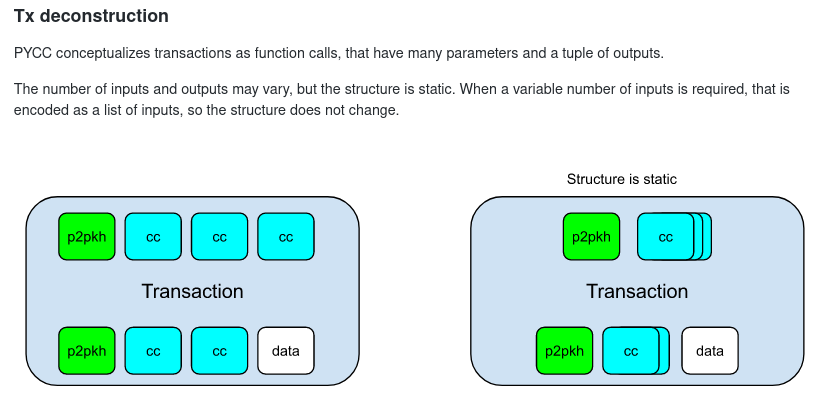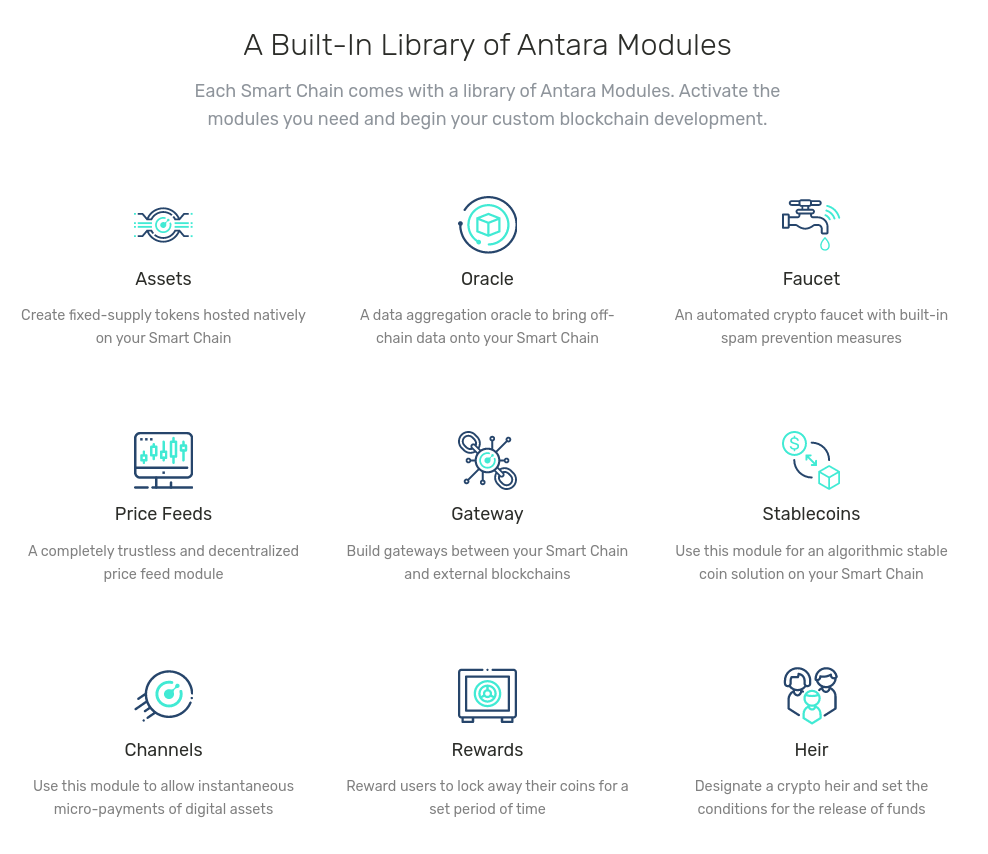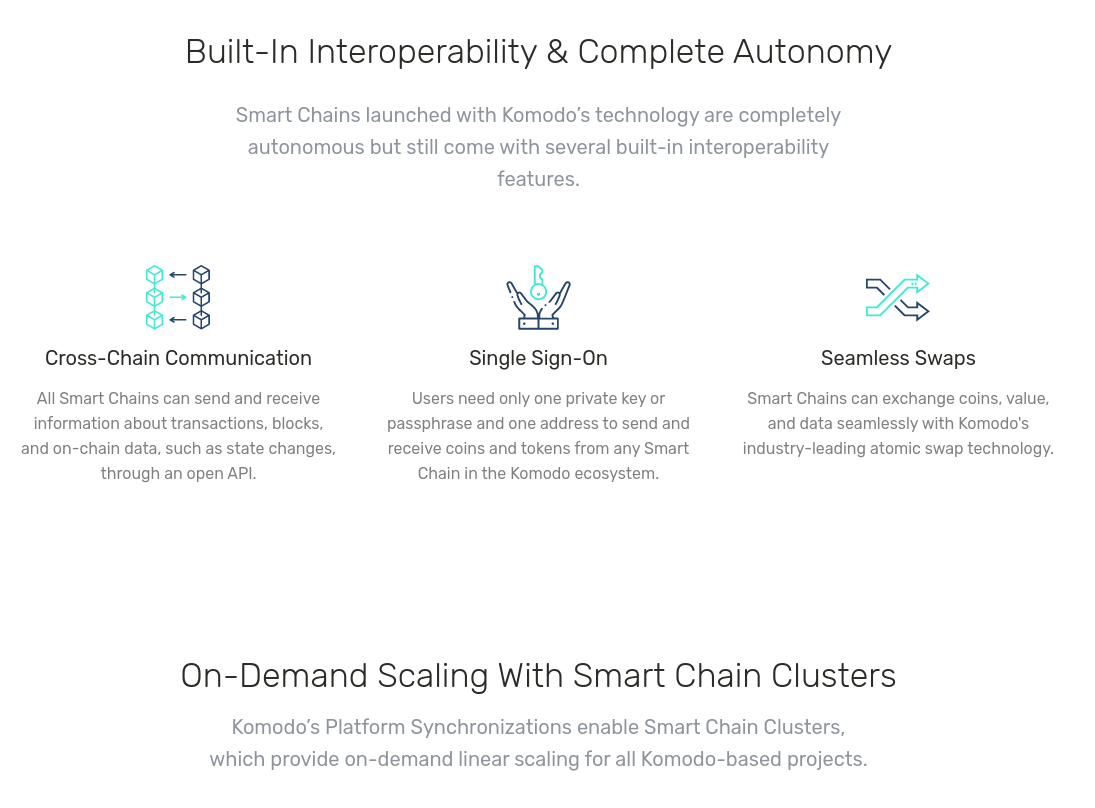
When Komodo developed the Antara framework, it was based on the agnostic open standard smart contract work from Ripple. Cryptoconditions is a portable multi level, multi algorithm & multi signature capable smart contract format.
The original set of Antara modules are based on the early work of jl777. The vision was to modernize and democratize smart chain building blocks for future product development in the blockchain space. These modules are coded in C++ and leverage the cryptoconditions open standard to enable portability between languages.

In Q1 2020, the Komodo team had already started looking into using other languages for cryptoconditions support (Antara support). These included python and javascript. Some integration tests in the komodo codebase have been in use since 2018. These were originally written in python - so it's an easy bridge to cross using existing implementations of the open standard.
Although the Antara framework is the most powerful UTXO smart contract implementation in existence, it currently has a high barrier to entry for users. Version 1 was for power users and developers to become familiar with in product development. For wider adoption of the technology one this is necessary. Lite wallets developers need to have access to these powerful functions without requiring the full node operating. This is a limitation for mobile apps, however it is being overcome in two ways. Electrum decoding (python) with a bounty currently available for skilled python protocol developers, and with nSPV technology.
Notarized Simple Payment Verifications allow for a low power computing device to be able to verify & create transactions. Just like a full node, these clients can do it without the need of downloading all the blockchain data. This solution was inspired by the flyclient whitepaper. More details from lead developer jl777 discovery & implementation. The notarization process of dPoW makes this solution possible.
In 2019 & 2020, through the use of the Antara framework, some early limitations were discovered. The CDP developer from the Komodo team, Mihailo was first to mention the refactor process in discord. The platform sync feature of Komodo to enable cross-chain tokenized asset transfer was first being tested in Q3 2018.


One of the most impressive developers in Komodo's history has returned to collaborate yet again. Scott Sadler or libscott worked with jl777 in 2017 & 2018 to bring cryptoconditions (& Antara) to the UTXO blockchain world. He has returned and give some clues as to what is coming for Komodo in the mid-term future.
We have cryptoconditions in Rust now also, can be compiled to wasm:
Source of the comment can be found in this issue
Many valuable lessons have been learned from the first 18 months of experimenting with what power Antara brings to the UTXO blockchain world. By creating powerful tokenized versions of more valuable and liquid cryptocurrencies, like bitcoin, and exploring the current limitations to advance the science of computing with cryptography the developers previously in jl777's shadow are forging a bright future for sovereign community based projects.

With the introduction of cleaner more standardized internals, and the ability to run wasm cryptoconditions in web apps and many other target computing platforms, integration with other platforms like the wavelets from Perlin (written in rust) or Cosmos' wasm projects becomes more of a picture within the scope of integration rather than a pipe dream. One must not forget that Polkadot is also a Rust implementation of multi-chains, with many DeFi projects already in late stages of development.
